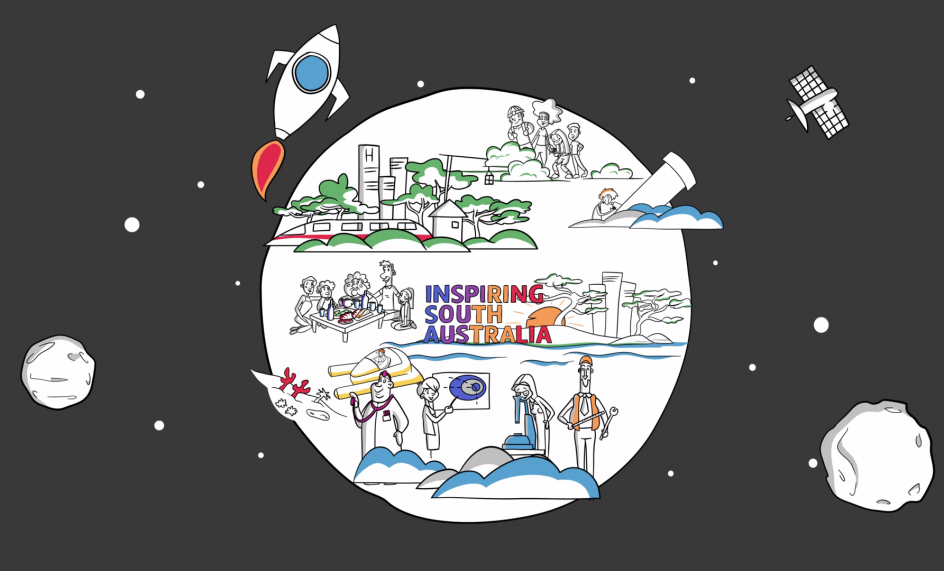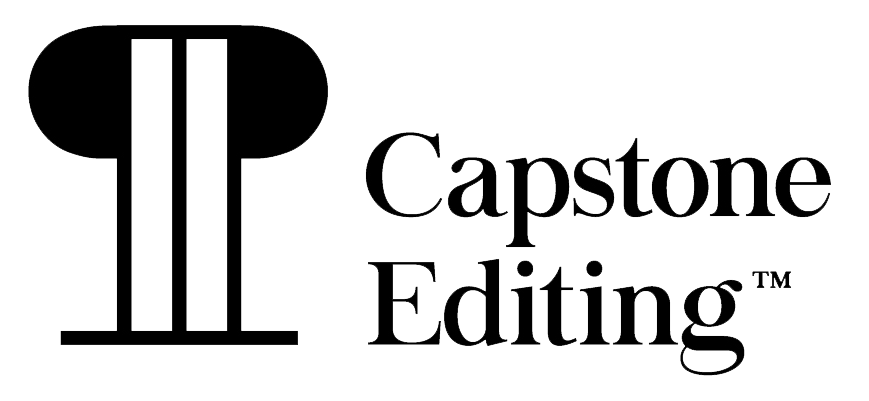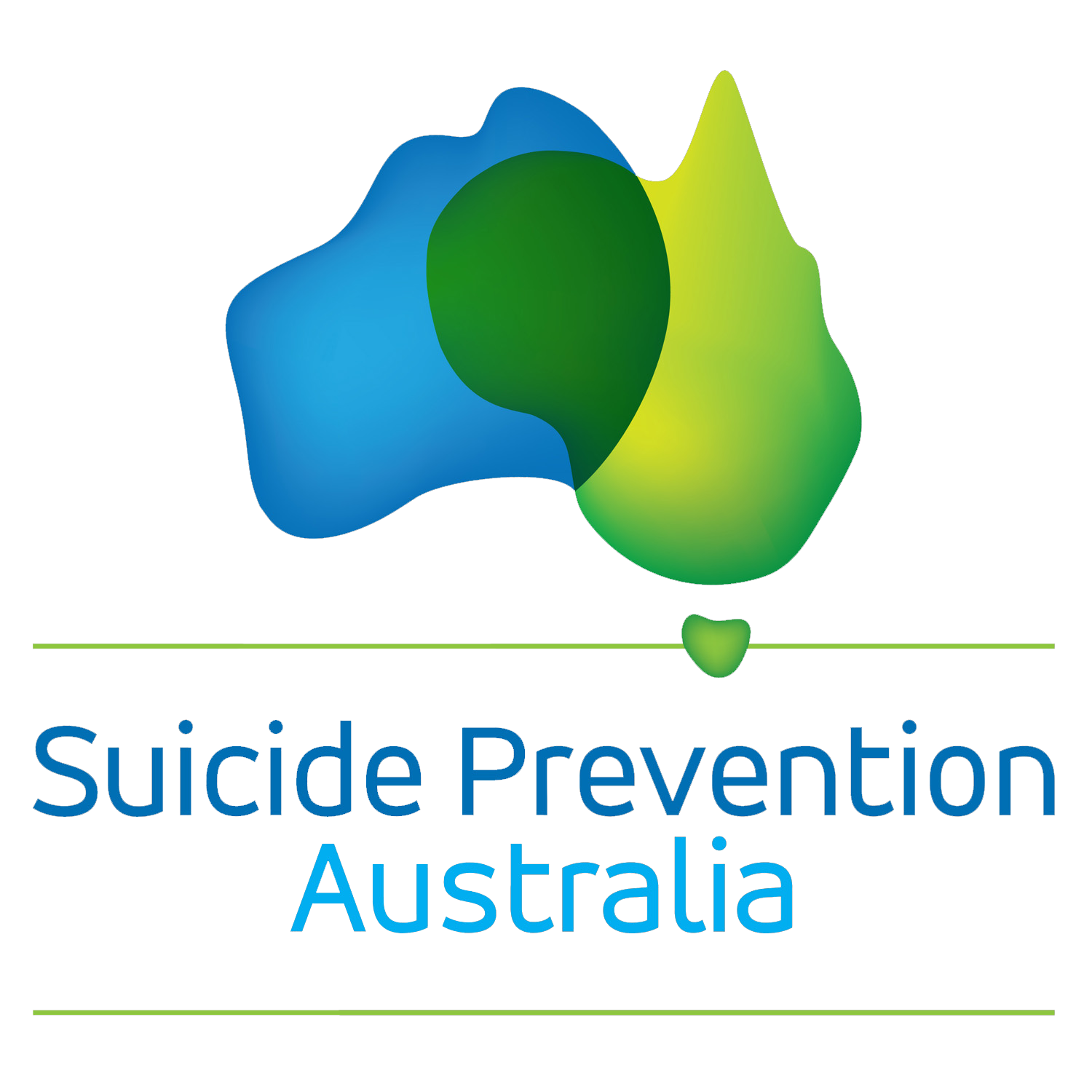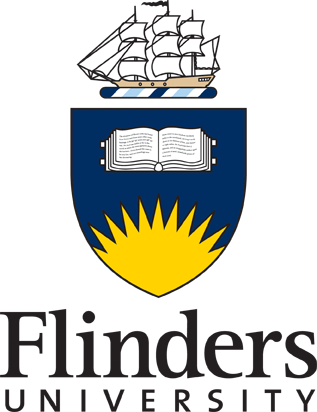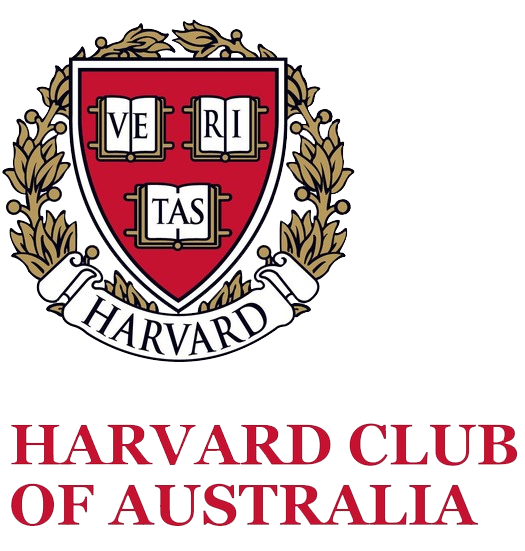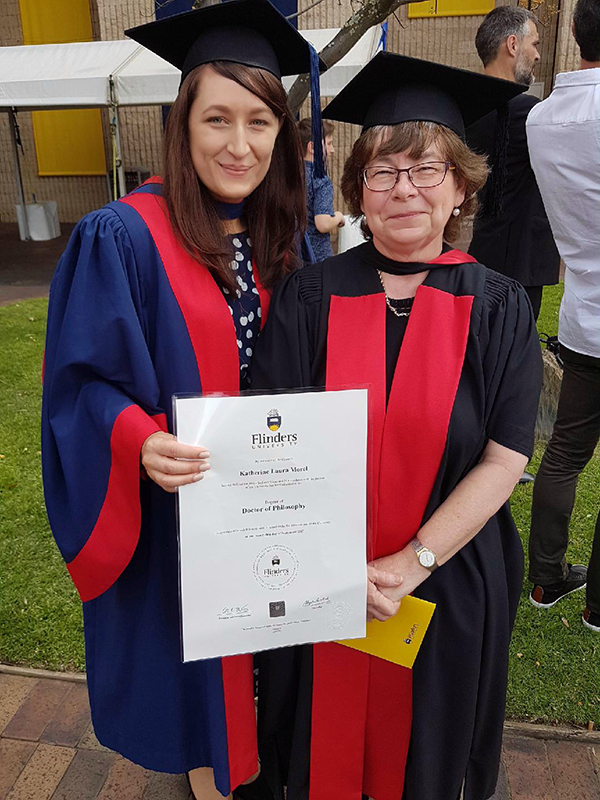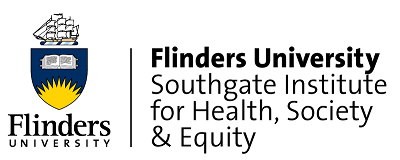New Opportunities2018 South Australian Regional Science-Arts Collaboration Grants program
Inspiring South Australia has announced that Expressions of Interest are being sought for the 2018 South Australian Regional Science-Arts Collaboration Grants program.
Expressions of Interest are sought from eligible applicants for special funding of up to $10,000 for the development and production of a science communication project that links at least two groups or organisations, including at least one identifying as 'science' and one as 'arts'.
The aim is to tell a locally relevant science-related story to the wider community. This may take the form of a performance or series of performances, an exhibition, a showing, a screening or an installation. It must be developed during 2018/19 and performed during 2018 and/or early 2019.
Information and details are now online at Inspiring South Australia.
Expressions of Interest are due 3 August 2018. The Flinders internal closing date is 20 July 2018. For application advice and assistance, please contact Mary Lyons, Senior Research Grants Officer (IGII).


